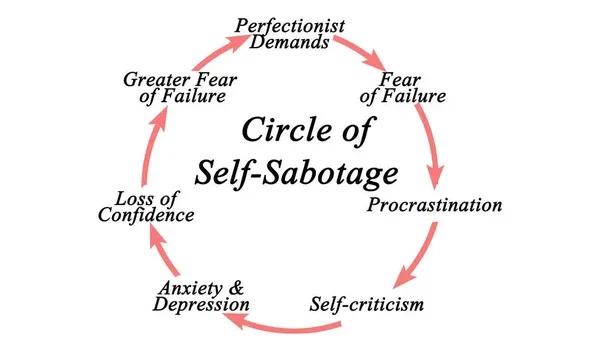Adil is the owner of a vacation rental company located in Phoenix, Arizona. During his first session, he introduced himself in a formal manner and shared his story. Adil’s career has taken him all over the world, and he works directly with the executive team at Airbnb. However, his growing business is heavily influenced by the economy and travel industry when Covid 19 hit, which can be stressful at times.
Unfortunately, Adil had become a shadow of his former self – his anxiety had become so severe that being in his presence made me anxious too, which helped me to empathize with him better. He had withdrawn from his family and friends, quit his volunteer work and consulting opportunities, and spent more time at home watching the news and worrying about all the negative effects of the Covid 19 era on the vacation rental industry.
Adil’s situation is not uncommon. He tried to ignore his anxiety for years, but it had reached a point where it was becoming debilitating. At Journey Psyche we understand why high achievers like Adil put off seeking treatment: it’s easier to ignore an undiagnosed issue. However, once you put a name to an illness, pretending that everything is fine is no longer an option. If you don’t seek treatment at that point, it’s a conscious choice that can be tough to come to terms with.
Seeking treatment for any illness, especially mental illness, can cause changes to your lifestyle and self-concept. Adil feared these changes and was afraid that treatment would prevent him from achieving his goals. In reality, his lack of treatment was holding him back, and he was slowly sabotaging his life. It was time to do something.

Adil was self-sabotaging his life, which we call behavioral dysregulation. To help him regain control of his life, we wanted to understand what had triggered his decline. Firstly, he had experienced a falling out with his partner in the vacation rental business, and his best friend from high school had lost his battle to cancer. He was feeling all-too-mortal and lacked meaning and purpose in his life.
We would address his life-stage issues later once we had sorted out his neurobiology. Adil had previously undergone medication trials, but they hadn’t helped alleviate his symptoms of anxiety, mild depression, and insomnia. So, we started him on Fluoxetine and Trazodone to help with his sleep. Based on his medical records, Adil had a double mutation with the MTHFR gene. This meant that he was at risk of producing lower levels of an enzyme crucial to maintaining our mental health.

To address this, Adil began taking L-methyl folate supplements. As we monitored Adil’s progress on his new medications and lifestyle changes, we also addressed his life-stage crisis in psychotherapy. Gradually, as he began to feel better, he was able to move from purely supportive therapy to an insight-oriented one. After several months of treatment, he began to re-engage with life, started making more time for himself and his family, and literally reclaimed the life he was supposed to live.




